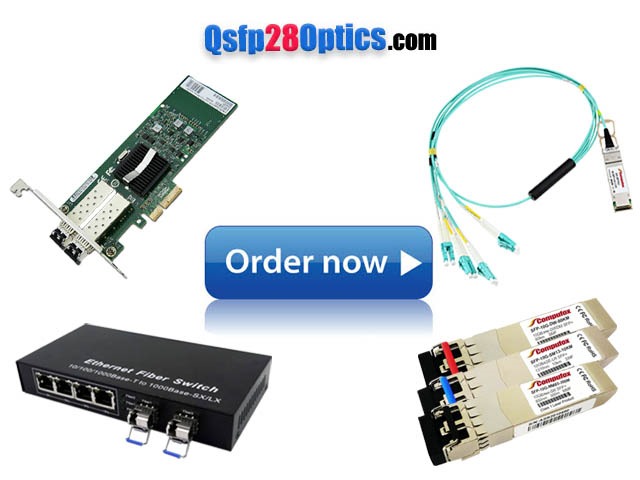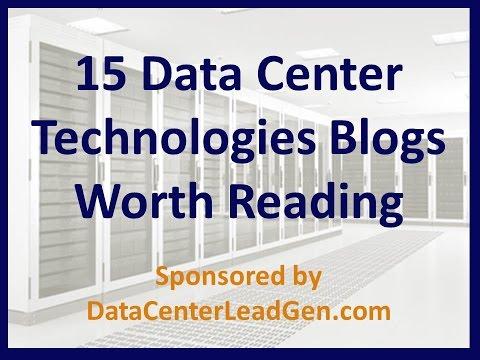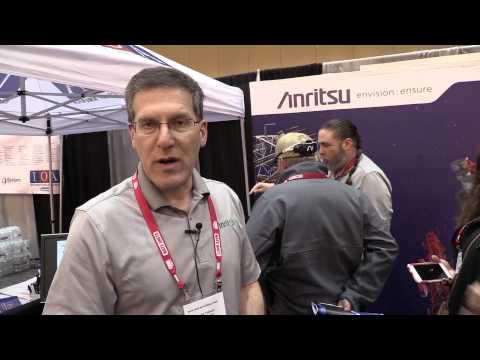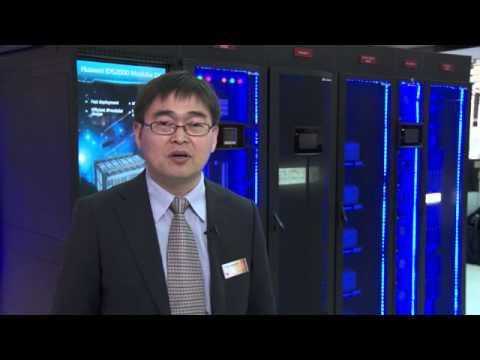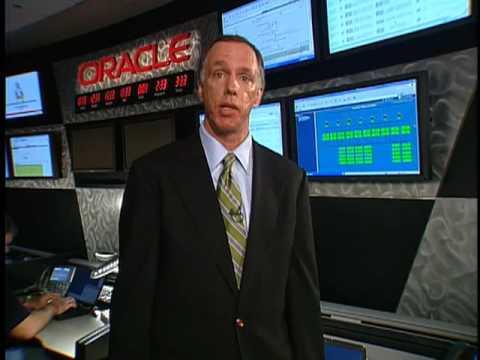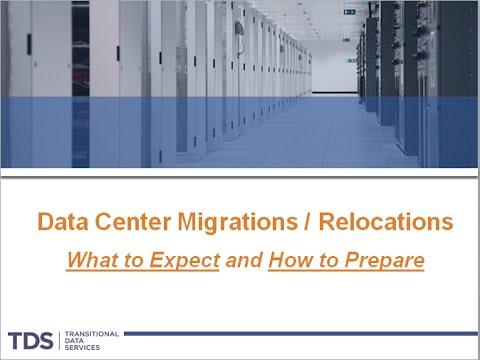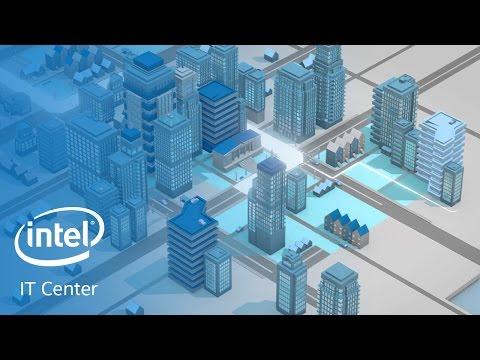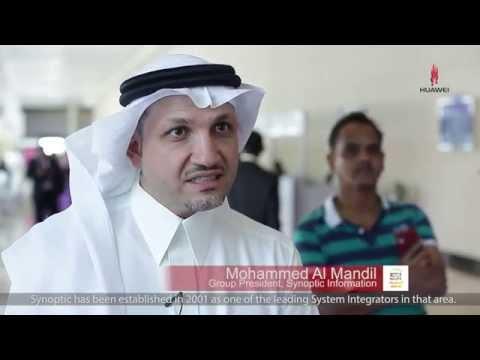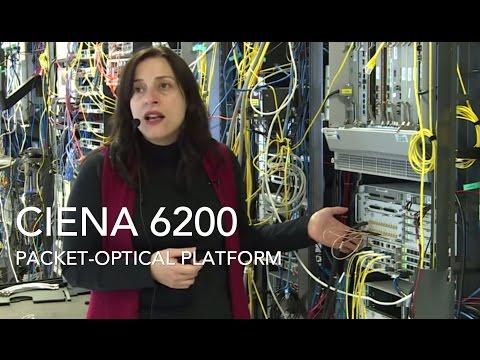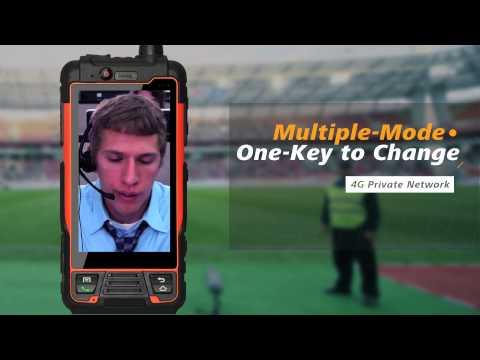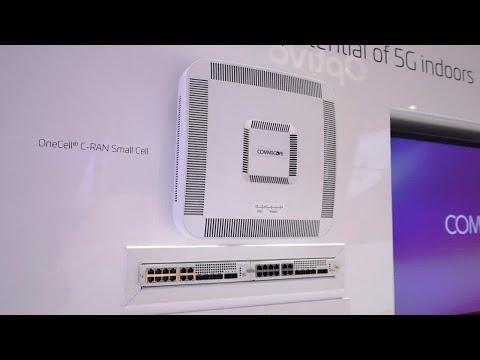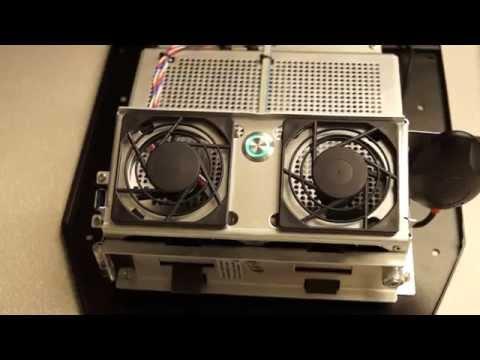15 Tips For Hiring Great Data Center Technicians (Screencast)
Description
http://DataCenterLeadGen.com 15 Tips for Hiring Great Data Center Technicians (Screencast). Are you responsible for recruiting, screening, hiring, and managing great data center technicians? Read this post for 15 tips. Copyright (C) SP Home Run Inc. All worldwide rights reserved.
Most CEOs of data centers spend at least part of each week managing and developing staff. Once the company arrives at a certain size, most routine screening decisions will be made by team leads and managers. But at the end of the day, someone needs to take ownership of technical recruiting, screening, hiring, training, and managing the right data center technicians.
With such a varied set of multi-disciplinary skills needed in a typical data center environment, this is no easy task. Consider what’s needed to support applications, cloud, connectivity, disaster recovery, fiber, network appliances, peering, security, servers, storage, virtualization, and wireless just to name a few.
So what should a small- to mid-market data center’s chief technology officer (CTO) or their direct report in a managerial role, such as a facility manager or infrastructure manager, be mindful of when looking to hire the best-fit data center technicians?
Employers want data center technicians that are certified by Cisco, CompTIA, Microsoft, and Red Hat.
While rare, it is possible to study to be a data center technician in college. For example, at Metropolitan Community College in Fort Omaha, Nebraska, there is a Data Center Technician course of study – which can also be taken online. While only one of the five courses in the 23 credit hours is data center-specific (“Introduction to Data Center Management”), the rest of the curriculum includes training on introductory programming, networking essentials, troubleshooting and recovery, and cloud services.
Responsibilities are very diverse. Data center technicians are often responsible for monitoring hardware, software, networks, service level agreements, as well as mechanical and power infrastructure. In addition, data center technicians setup and install networking equipment into racks and cabinets, move equipment around, commission and de-commission equipment, perform capacity upgrades, manage backups, diagnose problems, reboot servers, troubleshooting, repair servers, manage parts replacements, escalate and assign tasks to internal and external resources (including local vendors and contractors), asset-tag new equipment, maintain equipment, update documentation, log problems into the support ticketing systems, turn up new sites, and replace obsolete equipment. Most data centers also look for technicians experienced with structured cabling and security.
Some employers seek specialists – for example electricians, networking specialists, and facilities technicians. But most employers seem to want generalists who can work with outside contractors and vendors as needed.
Data center technicians work on teams responsible for the well-being and uptime of their data centers and report to facilities managers, infrastructure managers, and operations engineers.
All technicians must be able to work well with internal and external resources and have a strong sense of urgency to resolve problems.
Data center technicians working at colocation facilities need to represent their company well to clients, with a high degree of professionalism.
Many employers look for entry-level data center techs with one to three years of experience, excellent verbal and written communications skills, that work well as part of teams, and have the ability to lift up to 50 pounds.
http://www.sphomerun.com/blog/15-tips-for-hiring-great-data-center-technicians


